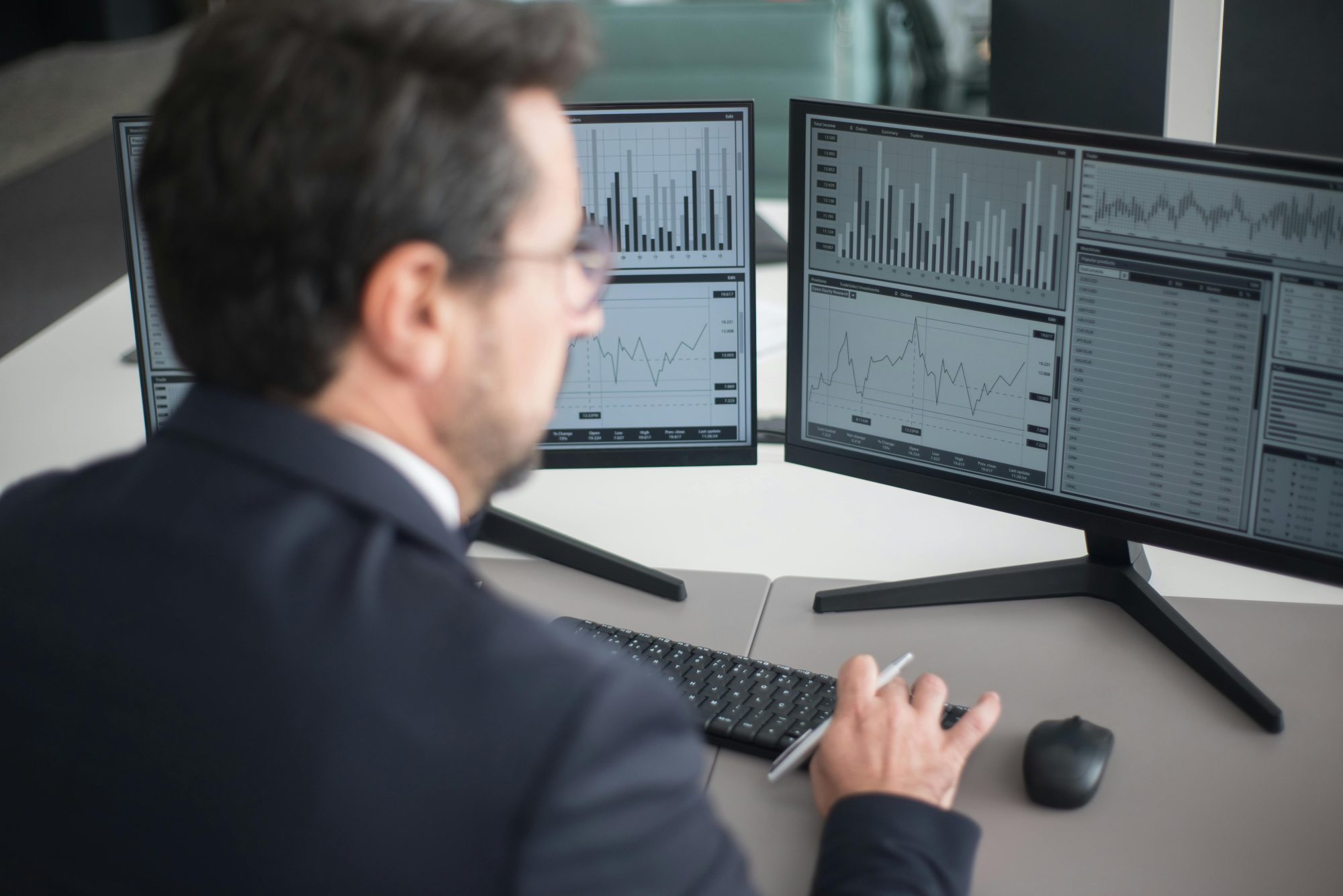Keep Your Emotions in Check
After my first two days of trading, I took a moment to reflect on both days, and often since then. The thing that stood out more than anything else was the adrenaline that completely overtook me at the morning bell as I watched the Nasdaq 100 futures chart on the one-minute interval. Metaphorically, it goes from 0 to 100 in a snap, and my entire body recognizes that it is on! It reminds me of skydiving, driving a race car around a track, or playing overtime in my last high school basketball tournament. I hate to admit it, but it’s all-consuming. If I’m listening to a live chat, you can sense it; on Bloomberg or any trading channels, it is palpable.
“The biggest investing errors come not from factors that are informational or analytical, but from those that are psychological.” – Howard Marks
Why This Isn’t Good for My Long-Term Trading Strategy
That feeling, that sensation—no matter how amazing the endorphins rushing through me feel—is not grounded in logic. At its core, I would call it “psychological anticipation,” which will never be tied to anything other than the “possibility” of winning or my “potential” to win. For me, it is pure emotion—and we do not trade on emotion.
The only way I can equate this experience is to watching a major derby race. The thoroughbreds go through a process leading up to the start: they’re rubbed down, hot walked, then paraded around the staging area. Everyone gathered around can sense the impending explosion of energy. Other horses are doing the same; the jockeys are mounted, and then they head to the tunnel to warm up on the track. Soon, their lead horse is released, and they are carefully maneuvered into the chute. Ten seconds, five… (back to trading) “opening bell.” At that moment, my adrenaline and my game plan for the trading day are as far apart as they could ever be.
Have you ever seen what happens if you try to stop a horse after the chute is opened? It’s very dangerous and often disastrous. Just like in trading. I’ve been all set up and ready to go, and one minute into the trading session, I realized that my chart wasn’t refreshed and missed out on a big entry and exit opportunity. I then proceeded to lose considerably by chasing the market because my adrenaline told me I could make it up quickly: “Make it up here, add more shares there; it will be fine—you can do it!” I traded into the chop, out of character, and, as you might guess, I lost because I was not in control. “Logic” was not in control, and it was a huge bust for my bank account. Looking back at my game plan for the day, it turned out the market did something very similar to what I had anticipated, leading me to kick myself a second time.
Lessons Learned
My goal is to discipline my senses by understanding human nature and trusting in logic, not my emotions, during those moments. I aim to create and stick to a game plan or, if necessary, not trade at all. Emotion = Guessing = Luck = Gambling. My long-term win-rate strategy is best served by eliminating as much guessing or emotional trading as possible. Solid trades are taken at the right time, under the right conditions, when patterns are identified. Opening-bell emotions—or any emotion—will not help me win.
“Hope is [a] bogus emotion that only costs you money”. Jim Cramer


Hi, this is a comment.
To get started with moderating, editing, and deleting comments, please visit the Comments screen in the dashboard.
Commenter avatars come from Gravatar.